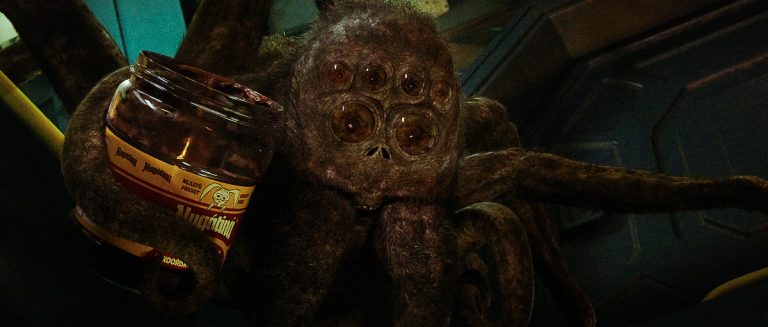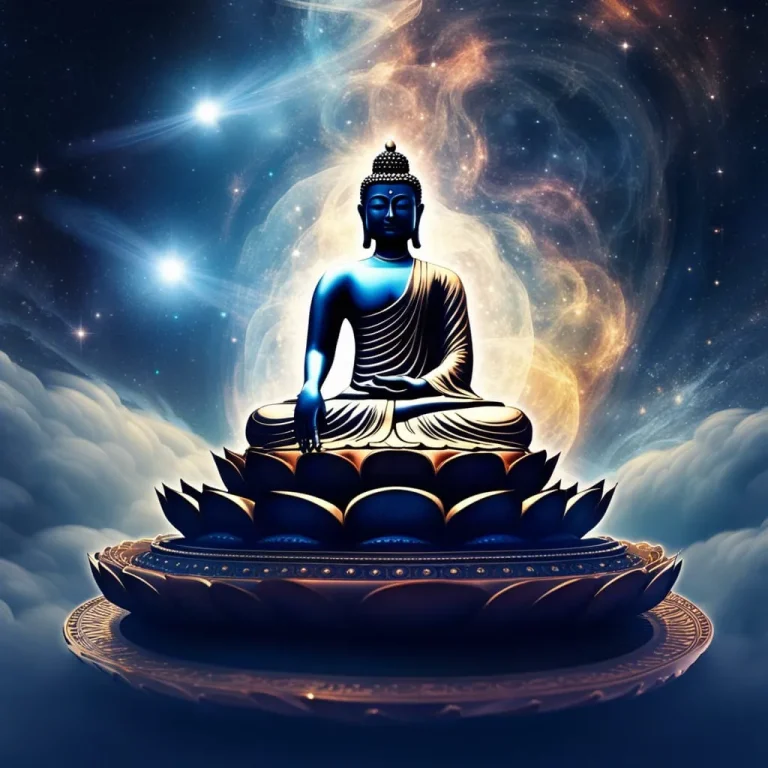
There’s an archetype I’ve been thinking about for quite some time now based on my own observations about how certain people behave that includes their beliefs, psychology etc. in regards to their attitude towards life and the bigger picture. My reflection was borne from an inspiration by this quote from the Greek philosopher Socrates.
“Strong minds discuss ideas, average minds discuss events, weak minds discuss people.”
—Socrates
Socrates description suit the philistine, a term used to describe someone who is uncultured, lacking in appreciation for art, literature, or intellectual pursuits. People who are only interested in discussing events and people, but nothing beyond that. There’s a lot that can be said for this sort of archetype especially in modern times.
It’s a type of mindset we commonly find in modern times. And just to be clear here, a mindset is a set of beliefs, attitudes, and cognitive frameworks that shape how an individual perceives and approaches various aspects of life.
They are unenlightened because they don’t have a worked out worldview, or the education informed by reading political or philosophical literature that enlightens them. For these archetypes political life is non-existent, they have ceded it away to the political elites or the ‘experts’. Perhaps some people have the genetic predisposition to be not interested in such matters, regardless if you’re among the ‘strong minds’ discussing ideas then expect not to be on the same wavelength with such people.
There’s a great idiom that encapsulates this:
You can lead a horse to water, but you can’t make it drink!
They are non-philosophical folk that believes the meaning of life is living to lift that next foot up climbing the corporate ladder or making money. They have failed to question the liberal capitalist programming they’ve been socialised by since childhood, never pausing to ask themselves “why are my thought processes aligned to behaving this way?”
Life is the power of the market, competition, and individual initiative to which the sole indicator of personal achievement is financial success. In their adult lives they have these ideas firmly planted in their head and proceed to walk around through life carrying these beliefs in their heads as gospel! They extol materialistic values—not to be confused with philosophical materialism—not out of a conscious ideological conviction, but by the drive to be the biggest consumers of product and show off their conspicuous consumption.
They have an aversion towards cerebral subjects—we perhaps know the type from work—a colleague that watches sitcoms and trash TV and has no time for discussing ideas, preferring to For such people there’s nothing more to life other than that what they’ve been programmed for living within liberal capitalism. They aren’t aware that what they believe as the meaning of life is conditioned.
I have more respect for religious or spiritual people than a philistine, because at least they have stepped out of the mental framework of homo economicus and hold the capacity to discuss abstract ideas about life, albeit through dualistic or idealistic perspectives.


The philistine is also one of Kierkegaards existential spheres. It’s the first of the 4 (not 3) stages or archetype spread throughout his litterature. Kierkegaards philistine archetype is characterised as a non reflective conformist who falls victim to the illusion of believing his choices, behaviors and beliefs are his own. He is a reflection of his innate predispositions and societal norms. But he doesn’t think the meaning of life is climbing the corporate ladder. He, in fact, has no meaning or opinion. He is a herring in a shoal. He hasn’t contemplated his existence and therefore lives a pseudo existence. As soon as he becomes aware of his existence, and contends with it without shrugging it off, he moves into the aesthetic stage.
The aesthetic archetype is in my opinion much more interesting. Here the nihilism of existence becomes all too real and the existential despair really takes it’s hold. Hedonistic pleasures now govern the soul of the aesthetic. They exist only in the fleeting thrill and rush of novel pleasures and live in dispair and boredom in every other moment. Falling victim to the spleen and emptyness of it all. They view the philistine with arrogant disgust, mocking their lack of individuality. Annoyed by the philistines ignorance and for them not seeing how pointlessness their busy distracted stupid lives are. The Aesthetic wants to divorce themselves from societies meaningless norms (which they readily critique) and distance themselves from the philistine’s existance. Like teenagers going through an individuation phase. Hipsters trying to stand out. Attempting to become raw individualists who can only take a pessimistic and ironic approach to life. Not fully aware that their existence hasn’t been freed at all. It is now just as enslaved as before because it exists only as an opposition to the philistine existance. The aesthetic is like a spintop that needs to be constantly wiped, otherwise it stops spinning and falls over.The choices presented to them are all pointless so on principle alone, they choose not to choose. But obviously the logic of that is flawed, not choosing is still a choice. Passion is the only thing they can stand on (e.g.hyper pessimistic intellectualism and lust), but it’s without an anchored intentionality. Ultimately they haven’t made the snythesis of the self as both individual and society/social. They haven’t made the transition to the ethical stage where authenticity, responsibility and commitment free them of dispair. Objectively you can’t tell the difference between a philistine or an ethicist. One can’t make authentic reflective choices and the other can. The ethicist has choosen this life and willingly reconnects with the norms of society
Wow I was looking for dominos pizza takeaway and ended up here
Well we’re glad that you came here, any chance you can share the pizza?